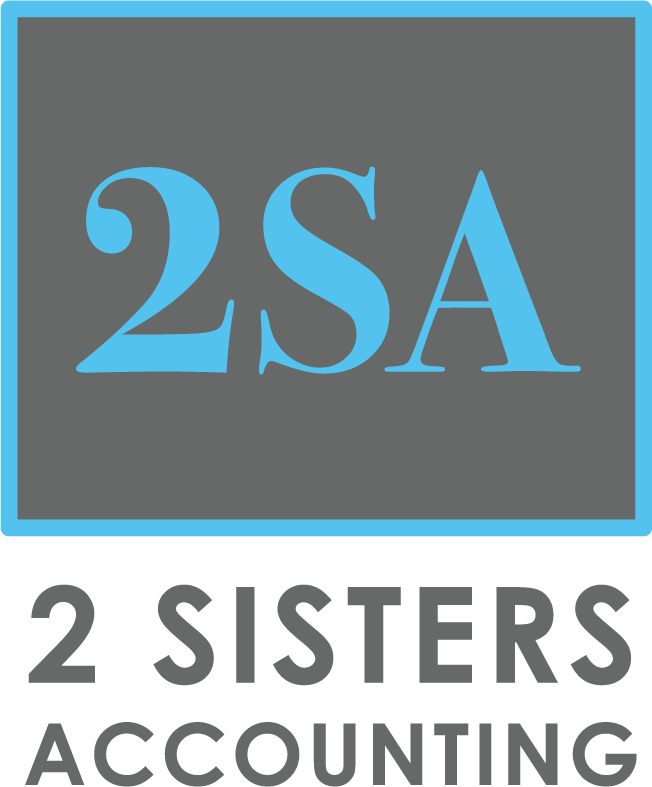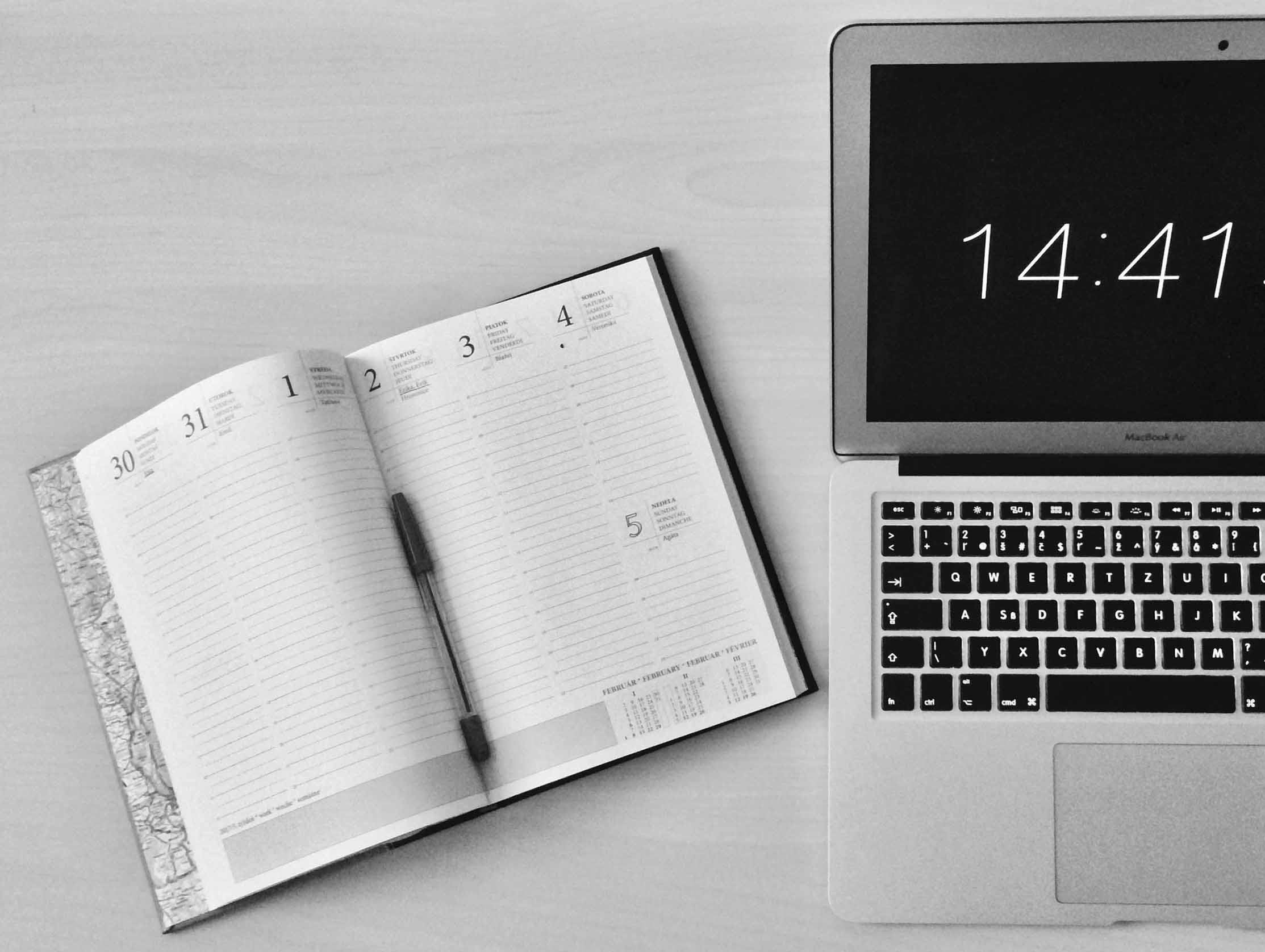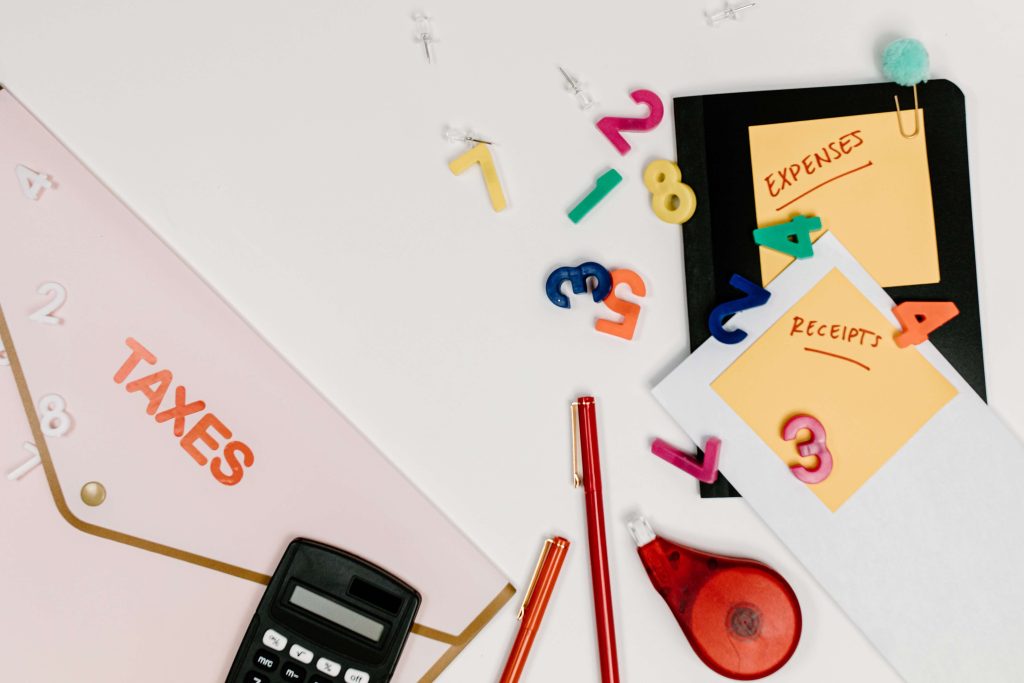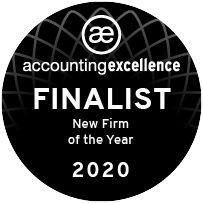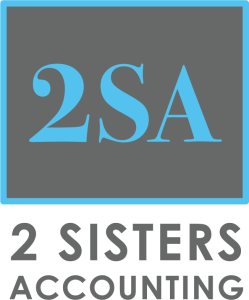As a Sole Traders it is important to know what you can claim to avoid paying more tax than you need to, and to make sure you don’t buy things that aren’t allowable business expenses. The tricky thing for the self employed is knowing what you can and can’t claim!
As with all expenses the key rule is “Wholly, Exclusively and Necessary” but as always there are lots of different rules surrounding expenses, which can affect the tax you pay.
Accounting Fees
You can claim accounting fees for the preparation of your sole trader accounts.
Accommodation
If travelling to a temporary workplace or travelling for business reasons you can claim for the cost of your accommodation. The amount claimed must be reasonable and not excessive.
While claiming for accommodation you can also claim for meals on overnight business trips. You must keep receipts to prove the amounts spent, and the amounts must be reasonable.
Advertising
You can claim full tax relief on marketing and advertising like facebook ads, business cards and trade websites.
Broadband
If you work from home using your home internet, you can claim the percentage of the broadband that is used for business use. To do this you take the entire bill and judge how much is personal use. For example, the bill is £50 per month, and 75% of your internet usage is personal. This means £12.50 per month is an allowable expense.
Car and Van Expenses
For a business vehicle there are a number of things you can claim for:
- Vehicle insurance
- Repairs and servicing
- Hire Charges
- Breakdown Cover
- Fuel
- Parking
- Vehicle Tax
You cannot claim for any fines or tickets incurred. You can only claim these if you do not claim the simplified mileage rates listed below.
Charitable Donations
Charitable donations would be considered as if they’d been made by you personally. If you donate via gift aid you can claim the tax relief at the relevant tax rate.
Client Entertainment
There is no tax relief for client entertainment. This includes gifts unless they meet a set of specific rules.
Clothing
The company can provide you with protective clothing that’s required for you to do your job, such as a highvis jacket. They can also provide a uniform that can only be worn at work to do your job, including a t-shirt with the company logo on it.
Normally, claiming for any clothing that could be part of an everyday wardrobe is not allowable – so if you have to wear a suit for work but it could be worn outside of work then you cannot claim for the cost.
Eye Tests
You can claim for eye tests provided it is necessary for the use of visual display equipment in your duties, eg using computers or till screens.
You can only claim for glasses if these are specifically prescribed for screen work.
Insurance
You can claim for insurances that are needed for your business like professional indemnity or public liability insurance.
Mileage – Private Vehicle
You can chose to claim your vehicle costs by claiming HMRC’s basic rates for travelling. This is 45p per mile for the first 10,000 car miles and 25p per miles for miles after that. Unfortunately, sole traders cannot claim for bicycle mileage.
Pension Payments
As a sole trader, pension payments unfortunately are not a business expense. You can however get tax relief on contributions you make personally into your scheme.
Professional Subscriptions
If you have a subscription to a professional body that is directly related to your trade then this will be allowable.
Office Equipment
Printers, computers, chairs, desks, shelves etc are all claimable if they are bought for business purposes. If they are used personally then the personal usage will need to be removed from the total cost as a percentage.
This also covers stationary, trade tools, and postage.
Telephone
Similarly to broadband expenses phone bills must be split between business and personal use. If you review your previous 3 months bills, work out how much is personal and deduct this from the total cost to leave the allowable business expense. This can be done in percentages as with the broadband above.
Travel Expenses
If you are travelling for business reasons and the travel is not ordinary commuting, you can claim the costs. This means if you must attend a client’s office and are responsible for paying for the travel or you are visit a training course you can claim the cost of the travel as a business expense. You cannot claim for travel between your home and permanent workplace.
Training expenses
You can claim for training that is related to your field and that is improving existing skills and knowledge.
Use of Home
There are two different options for sole traders to claim their use of home expenses. You can either use HMRC’s simplified method or the actual cost basis.
The flat rate basis is calculated based on the hours spent working from home and does not include telephone or internet costs.
25 to 50 hours per month – £10 per month
51 to 100 hours per month – £18 per month
101 and more hours per month – £26 per month
The actual cost basis is calculated taking a percentage of your household bills, dividing these by the number of rooms, and then by the percentage that you use each room for business purposes.
